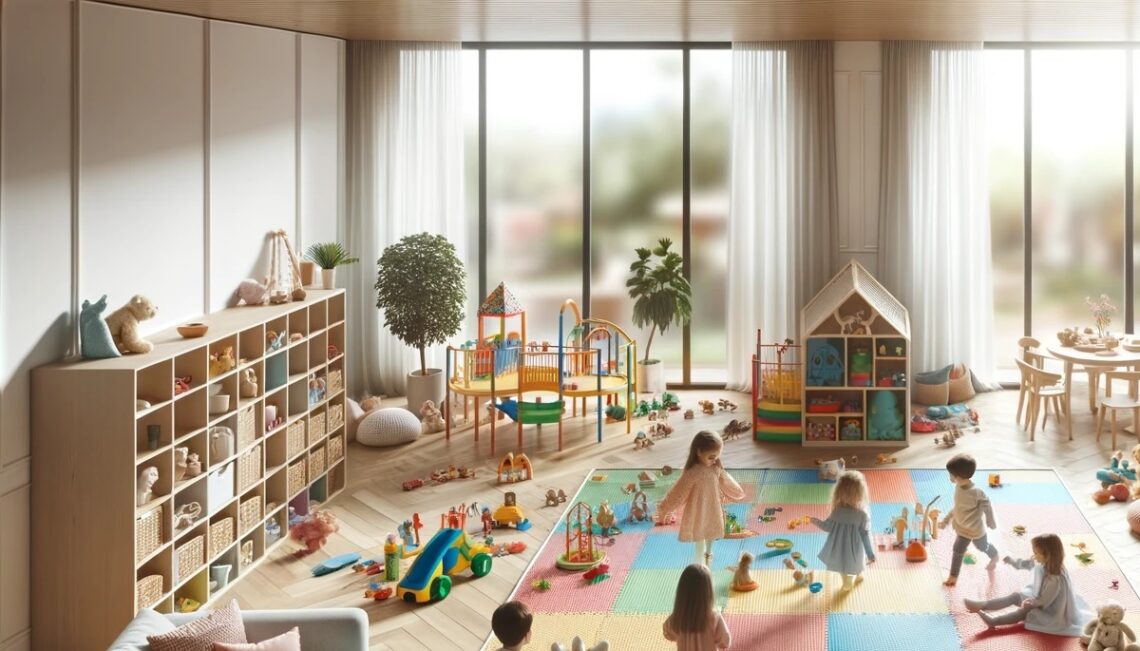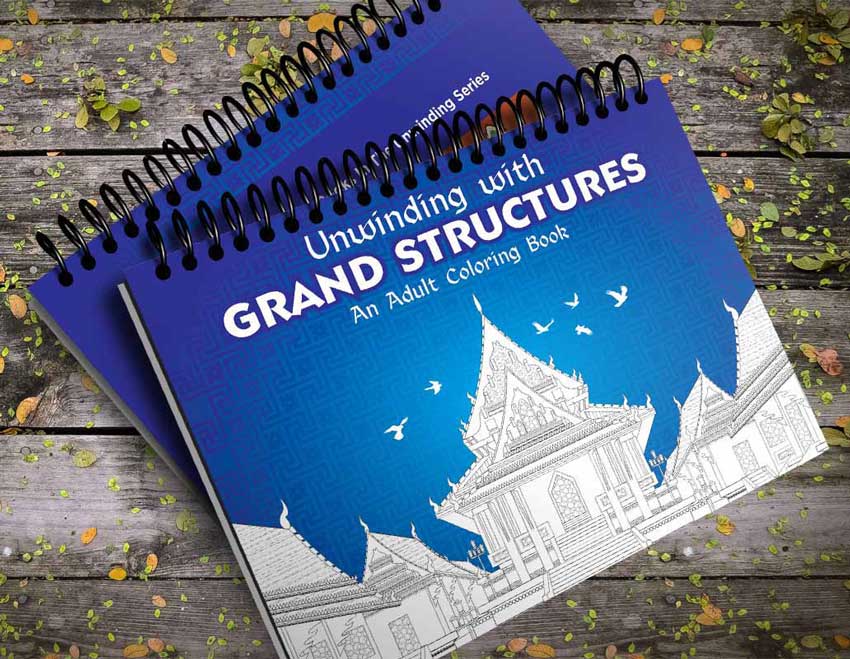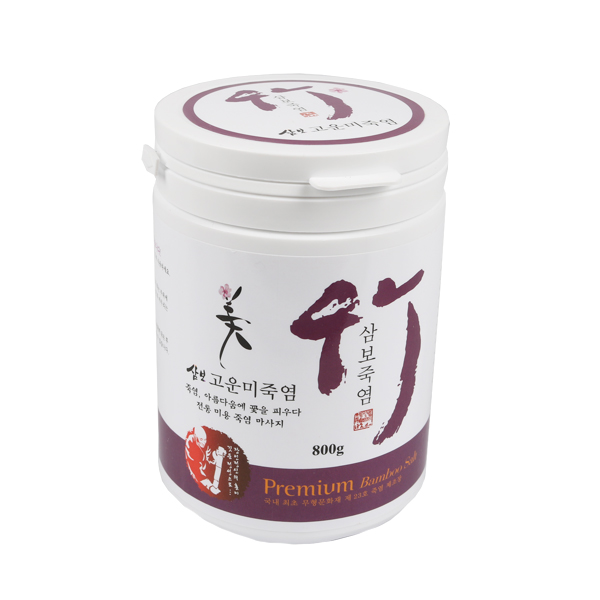Table of Contents
In today’s fast-paced world, parents are continually seeking ways to provide their children with meaningful and educational playtime experiences. One such approach gaining immense popularity is Montessori education, and at its heart lies the use of Montessori toys. In this article, we will delve into the world of Montessori toys, exploring their significance in early childhood development, the best practices for choosing them, and how they can unlock a world of creativity and learning for your little one.
Understanding Montessori Toys
What Are Montessori Toys?
Montessori toys are a vital component of the Montessori education philosophy, which emphasizes child-led learning and independence. These toys are thoughtfully designed to encourage children to explore, discover, and develop essential skills through play. They prioritize simplicity, natural materials, and open-endedness.
Montessori Toys vs. Conventional Toys
To grasp the essence of Montessori toys, it’s crucial to distinguish them from conventional toys. Unlike mainstream toys that often come with blinking lights and loud sounds, Montessori toys focus on sensory experiences, problem-solving, and fine motor skills development. They are designed to promote concentration, creativity, and critical thinking rather than passive entertainment.
The Benefits of Montessori Toys
Enhancing Cognitive Skills
Montessori toys are intentionally created to stimulate a child’s cognitive development. Through activities such as sorting, stacking, and matching, these toys enhance memory, spatial awareness, and logical thinking. For instance, puzzles and shape-sorting toys encourage problem-solving skills.
Fostering Independence
One of the fundamental principles of Montessori education is promoting independence. Montessori toys facilitate this by allowing children to explore and engage with the toys at their own pace. Toys like lacing beads or button boards help enhance fine motor skills and self-sufficiency.
Encouraging Creative Play
Creativity is at the core of Montessori philosophy. Montessori toys often lack predetermined functions, allowing children to use their imagination freely. Building blocks, for instance, can be transformed into countless structures, fostering creativity and a sense of accomplishment.
Choosing the Right Montessori Toys
Age-Appropriate Selection
Selecting the right Montessori toy for your child’s age is crucial. Montessori toys are typically categorized into different age groups, ensuring they align with your child’s developmental stage. This approach ensures that the toys challenge without overwhelming them.
Natural Materials
Montessori toys are primarily crafted from natural materials such as wood, cotton, and metal. These materials are not only eco-friendly but also offer tactile and sensory benefits. They provide a sensory-rich experience, unlike plastic counterparts.
Open-Endedness
Look for toys that encourage open-ended play. These toys do not have a single prescribed use, allowing children to explore various possibilities and use their creativity to the fullest. Building sets and art supplies are excellent examples of open-ended Montessori toys.
The Role of Montessori Toys in Early Education
Homeschooling and Montessori
With the rise of homeschooling, Montessori toys have become invaluable tools for parents looking to provide their children with a holistic education. These toys align perfectly with Montessori principles, making them a natural fit for homeschooling environments.
Montessori Toys in Daycare Centers
Daycare centers are increasingly adopting Montessori methods, and the inclusion of Montessori toys in these settings is a testament to their effectiveness. They encourage cooperative play, problem-solving, and peaceful learning environments.
Incorporating Montessori toys into your child’s playtime routine can have a profound impact on their development. These toys foster cognitive growth, independence, and creativity. By choosing age-appropriate, natural, and open-ended Montessori toys, you can provide your child with the tools they need to flourish.
The Montessori Approach: A Lasting Impact
The Montessori approach is not just about toys; it’s a holistic educational philosophy that fosters a love for learning from a young age. Montessori toys are an integral part of this approach, playing a pivotal role in shaping a child’s development. By embracing Montessori principles, you’re not only providing your child with toys but also instilling in them a sense of curiosity, independence, and a passion for exploration that will stay with them throughout their educational journey.
The Environment Matters
In a Montessori-inspired setting, the environment is carefully curated to encourage self-discovery and learning. Montessori toys are thoughtfully chosen and arranged in a way that promotes autonomy. Children can independently select their activities and work on them at their own pace. This environment fosters a sense of responsibility and decision-making in children, qualities that will serve them well as they grow.
A Legacy of Learning
Montessori toys aren’t just a passing trend; they have a rich history rooted in Maria Montessori’s groundbreaking educational philosophy. Generations of children have benefited from these toys, and their enduring popularity is a testament to their effectiveness. By incorporating Montessori toys into your child’s playtime, you’re not only enriching their childhood but also contributing to a legacy of learning and exploration that spans decades. So, dive into the world of Montessori toys, and watch your child flourish as they embark on a journey of discovery and growth.
Where can I find Montessori toys?
Montessori toys can be found in various places to cater to your needs. Specialty toy stores often carry a selection of Montessori toys, and these stores are dedicated to providing educational and developmental toys. Additionally, online marketplaces offer a vast array of Montessori toys, providing convenience and a wide variety of choices. Keep in mind that when purchasing Montessori toys, it’s crucial to ensure that they adhere to Montessori principles in terms of materials and design. Look for toys made from natural materials, free from harmful chemicals, and designed to encourage open-ended play and skill development.
What age group are Montessori toys suitable for?
Montessori toys are suitable for a range of age groups, from infants to older children. The key is to choose toys that align with your child’s developmental stage and abilities. For infants, consider toys that stimulate their senses, such as mobiles and rattles. Toddlers may benefit from Montessori toys that encourage fine motor skills and coordination, like stacking toys and shape sorters. Older children can engage with more complex Montessori materials that promote problem-solving and creativity, such as bead chains and geometric puzzles. It’s important to assess your child’s individual needs and interests to select the most appropriate Montessori toys for their age and stage of development.
How do Montessori toys benefit children with special needs?
Montessori toys are known for their inclusivity and adaptability, making them beneficial for children with special needs. These toys promote sensory exploration and fine motor skills, which can be particularly advantageous for children with sensory processing challenges or motor skill difficulties. Montessori principles of self-paced learning and independence also align with the individualized needs of many children with special requirements. Careful selection of Montessori toys that suit the child’s abilities and interests can provide a supportive and engaging learning experience. It’s essential to consult with professionals or specialists who can offer guidance on tailoring Montessori toys to meet specific needs effectively.
Can I make Montessori toys at home?
Yes, you can create Montessori toys at home. Many Montessori toys are designed to be simple and use natural materials, making them suitable for DIY projects. There are numerous online resources, including DIY guides and tutorials, that provide step-by-step instructions for making Montessori-inspired toys. Crafting these toys at home allows you to customize them to your child’s preferences and needs. Just ensure that you follow Montessori principles in your DIY creations, using safe and natural materials, focusing on skill development, and encouraging open-ended play. Homemade Montessori toys can be a rewarding and cost-effective way to provide your child with enriching play experiences.
Are Montessori toys suitable for group play?
Montessori toys are well-suited for group play settings, such as daycare centers or playdates. These toys are designed to encourage cooperation and problem-solving, making them ideal for collaborative play. Children can work together to solve puzzles, build structures, or engage in other activities that promote teamwork and social interaction. Montessori toys also foster independent exploration, allowing each child to choose activities that align with their interests and abilities within the group setting. This combination of individualized learning and group play creates a dynamic and inclusive environment, where children can develop both socially and academically. So, yes, Montessori toys can enhance group play experiences while supporting individual growth and development.






